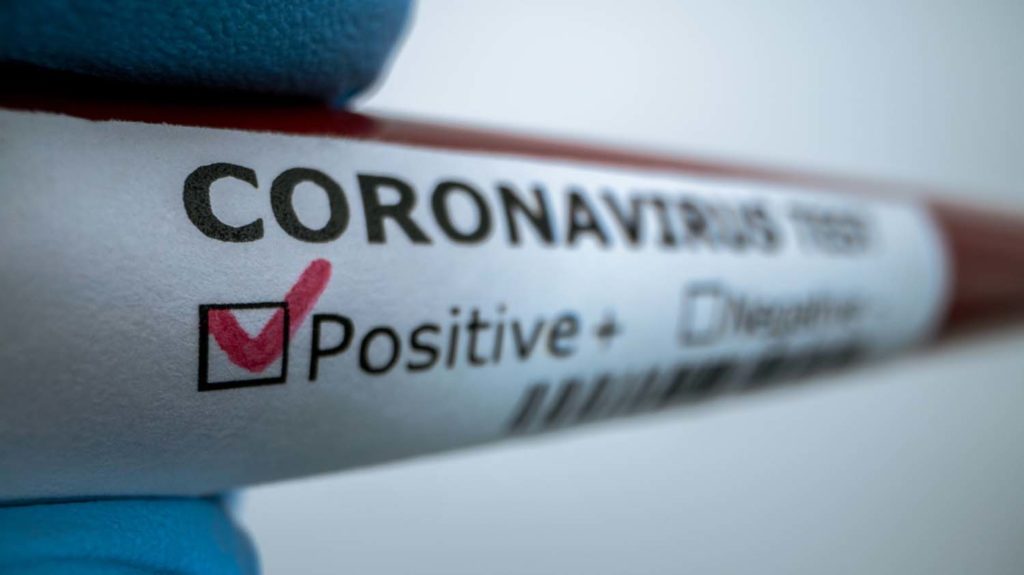News
When to Report Known or Suspected COVID-19 Cases

Health care providers are often the first to learn that a patient has, or may have, Coronavirus Disease (“COVID-19”). When a patient presents with symptoms, or tests positive for COVID-19, many clients have asked whether they must report known or suspected cases of COVID-19 to public health authorities. The Florida Department of Health (“DOH”) has issued guidance recommending that health care providers follow CDC guidance to screen for COVID-19 by inquiring about the patient’s symptoms (“Clinical Features”) and potential exposure to COVID-19 (“Risk Factors”). For example, if a patient presents with Clinical Features, including a fever or acute lower respiratory illness, the provider should assess whether Risk Factors such as international travel, and/or other COVID-19 exposure is present.
Under CDC guidelines, the presence of a patient’s Clinical Features coupled with certain Risk Factors are used to determine whether a patient is “under investigation” for COVID-19. If a patient exhibits Clinical Features and Risk Factors, the health care provider should immediately consult the DOH’s Clinical Features/Risk Factor Chart to determine whether further investigation is needed. Upon a determination that the patient meets the criteria for further investigation, the provider should immediately notify the treating facility’s infection control personnel and the DOH. Please note that the DOH’s website also includes recommendations for testing and treating patients under investigation for COVID-19.

